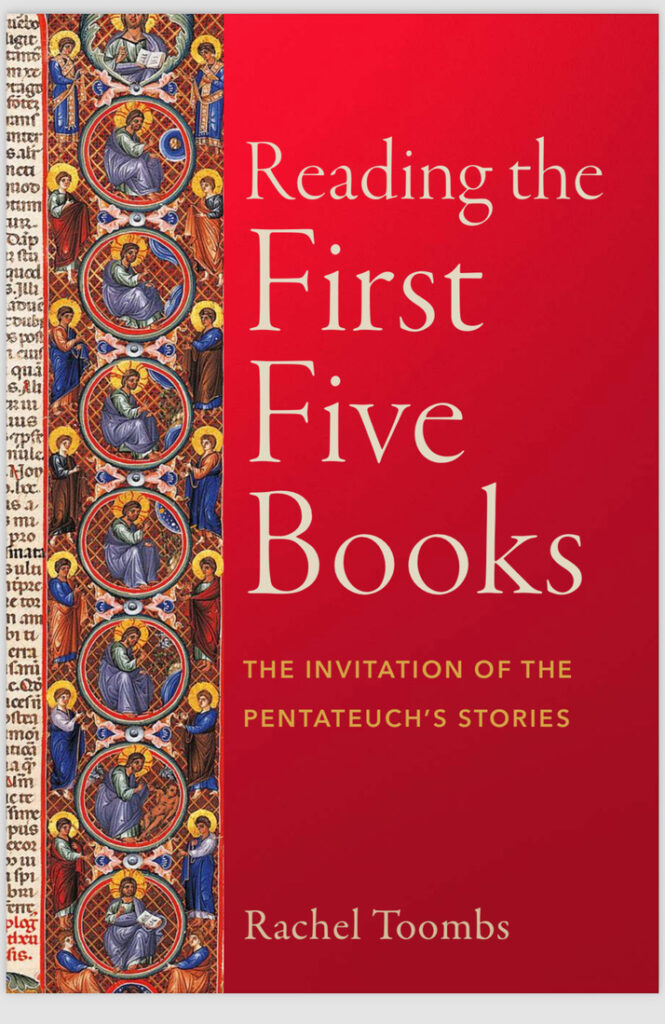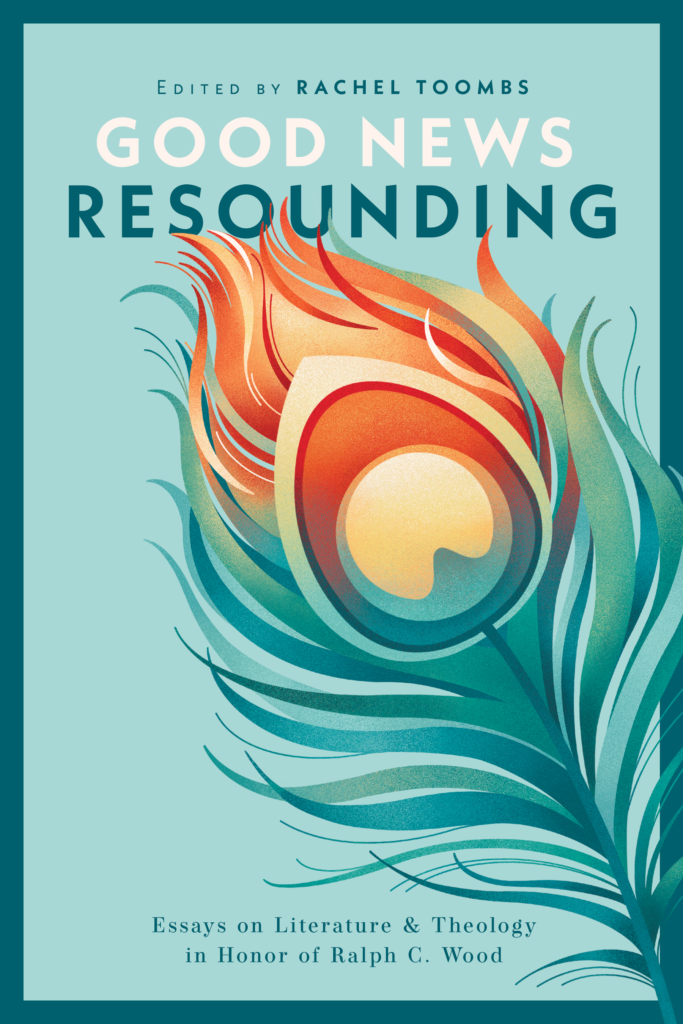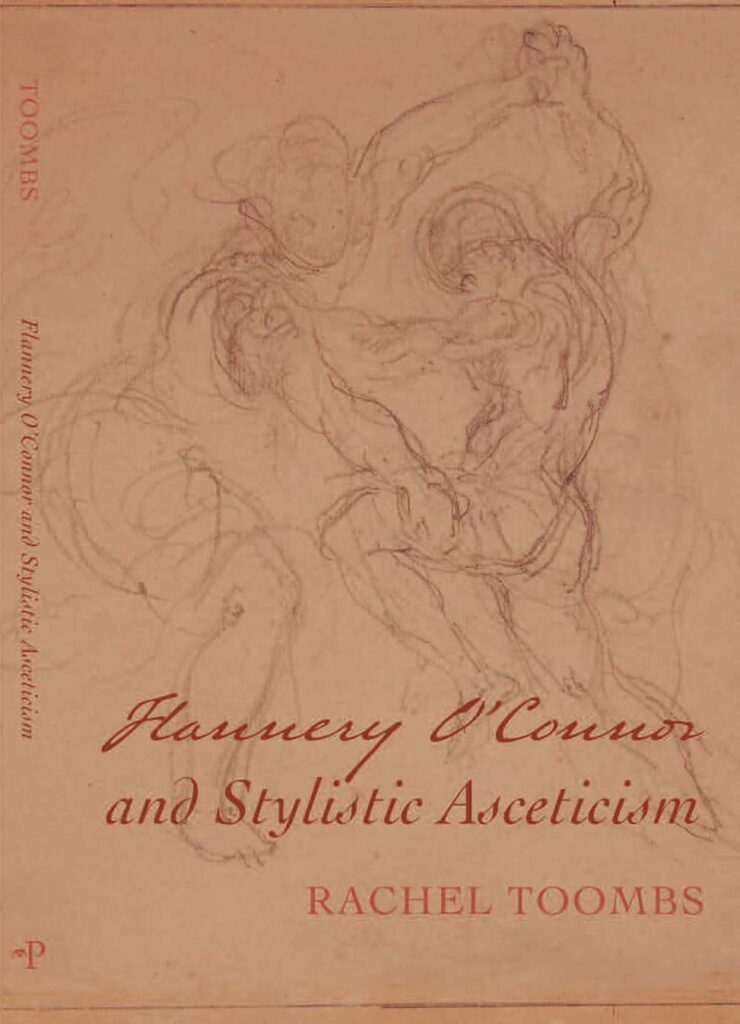
In this book, I invite readers into the imaginative and transformative work of the stories we find in Scripture’s first five books by looking to three general features of barebones narration: brevity, pacing, and characterization. We also look to two more narrow but intriguing aspects of biblical Hebrew: complexity in characterization and the use of the grotesque. The first three of these features represent the general quality of biblical Hebrew narrative in the Pentateuch, while the latter two are less frequent, but offer notable features of Hebrew stories. I show through these explorations how the spare quality of Hebrew narrative invites readers into a more challenging, fruitful, and risky engagement with these theologically rich stories.
I wrote this book to function as kind of training ground in a certain way of reading Old Testament narratives. The five chapters on narrative features are structured similarly: I first help to identify one of the literary devices and recognize its interpretive opportunities. Then, I move to a brief case study demonstrating how this device functions in a biblical story. We end our study with an exploration of how the stories of the Pentateuch become foundational for the identity of ancient Israel and the Christian Church by looking to the retelling of stories in Deuteronomy. This chapter takes a different shape than the others as we look to a number of the key stories that offer ancient Israelites identity and hope for the future

Ralph C. Wood’s teaching and writing career over fifty years helped readers and students be attentive to the way literature renders the theologically abstract concretely. Wood has modeled serious theological engagement and robust literary reflection in his writing on G. K. Chesterton, J. R. R. Tolkien, and Flannery O’Connor, among others. His books have shaped current and future generations of literary critics and theologians alike.
Not as easily measured, Wood formed generations of undergraduate and graduate students in candid, sometimes brash, often comedic, and always critical engagements with theology and the arts. Avoiding what Flannery O’Connor deemed the two great follies of theologically oriented literature in the forms of pornography and sentimentality, Wood drew out theological themes without watering down the reality of suffering or the costly nature of the hospel. Good News Resounding honors Wood’s contribution by continuing to follow in his footsteps, reflecting theologically on literature to draw out the very Good News of the gospel amidst very real suffering, evil, and sin.
The collection assembles a diverse group of scholars—former students, colleagues, and friends of Wood—hat demonstrates the richness and multivalent approaches to reading literature theologically. Written for academically inclined readers of theology and the arts, Good News Resounding extends Wood’s legacy to demonstrate the power of the classroom to shape future generations of readers, theologians, and Christians.
Volume contributors: Pete Candler, Paul Fiddes, Malcolm Guite, Barry Harvey, Gisela H. Kreglinger, Jessica Hooten Wilson, Matthew Rothaus Moser, Jordan Rowan Fannin, John Sykes, Rachel Toombs, Rowan Williams.
LISTEN: “Good News Resounding Interview,” Currents in Religion Podcast, 3/21/25

Flannery O’Connor and Stylistic Asceticism explores the impact style has not only on a story’s meaning, but on the reading experience. O’Connor’s sparingly wrought stories, particularly in their climactic moments of divine disclosure, invite characters and readers alike into invitations of graced encounters that often wound even as they bless. In this work, I draw out the force and vulnerability in reading spare stories of graced encounters by identifying a kinship with a much older form of storytelling: biblical Hebrew narrative. Focusing on the climactic scenes of O’Connor’s Wise Blood and Genesis 32’s account of Jacob’s nighttime wrestling, I offer a fresh take on the theological impact of spare narration. These stories invite readers into a posture akin to prayer where in an uncluttered space we see ourselves as we truly are and there meet God.
WATCH: “Books & Authors Sunday School,” St. Alban’s Episcopal Church (Waco, TX), 7/2/23